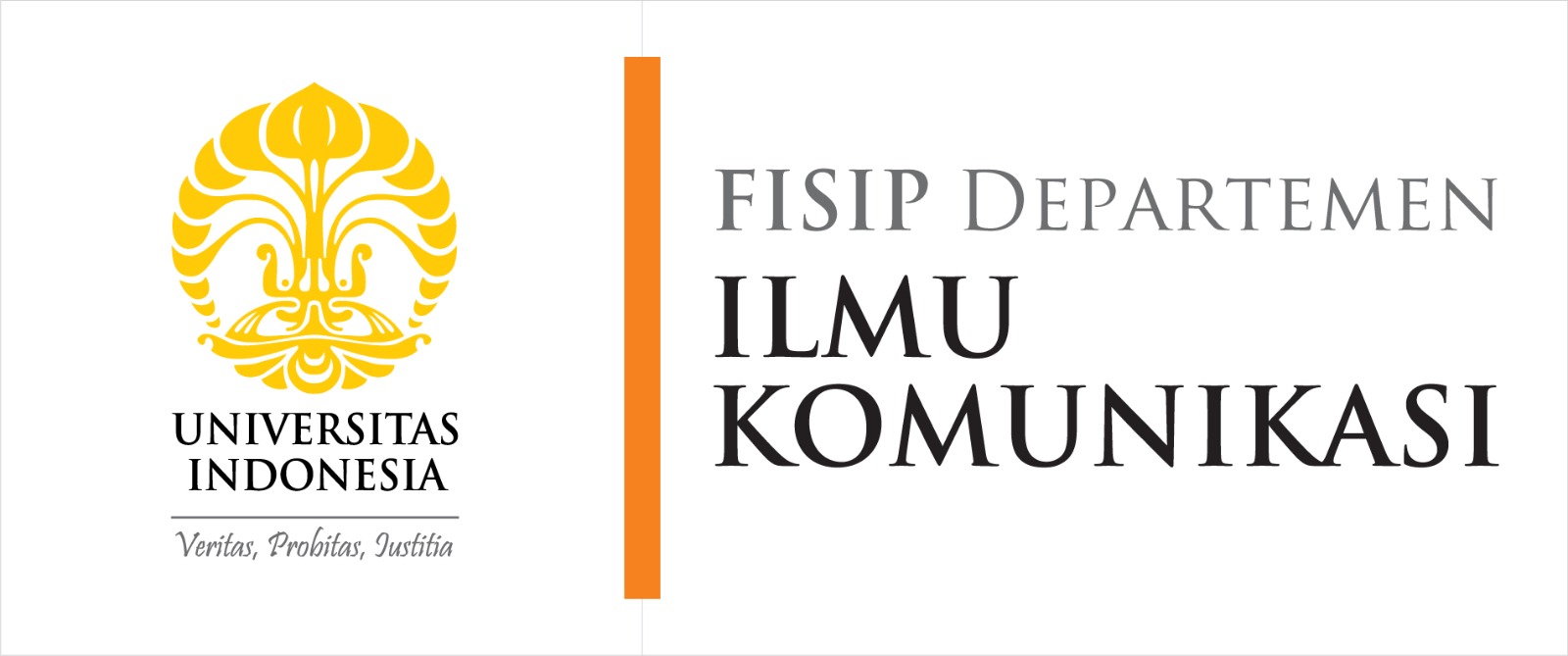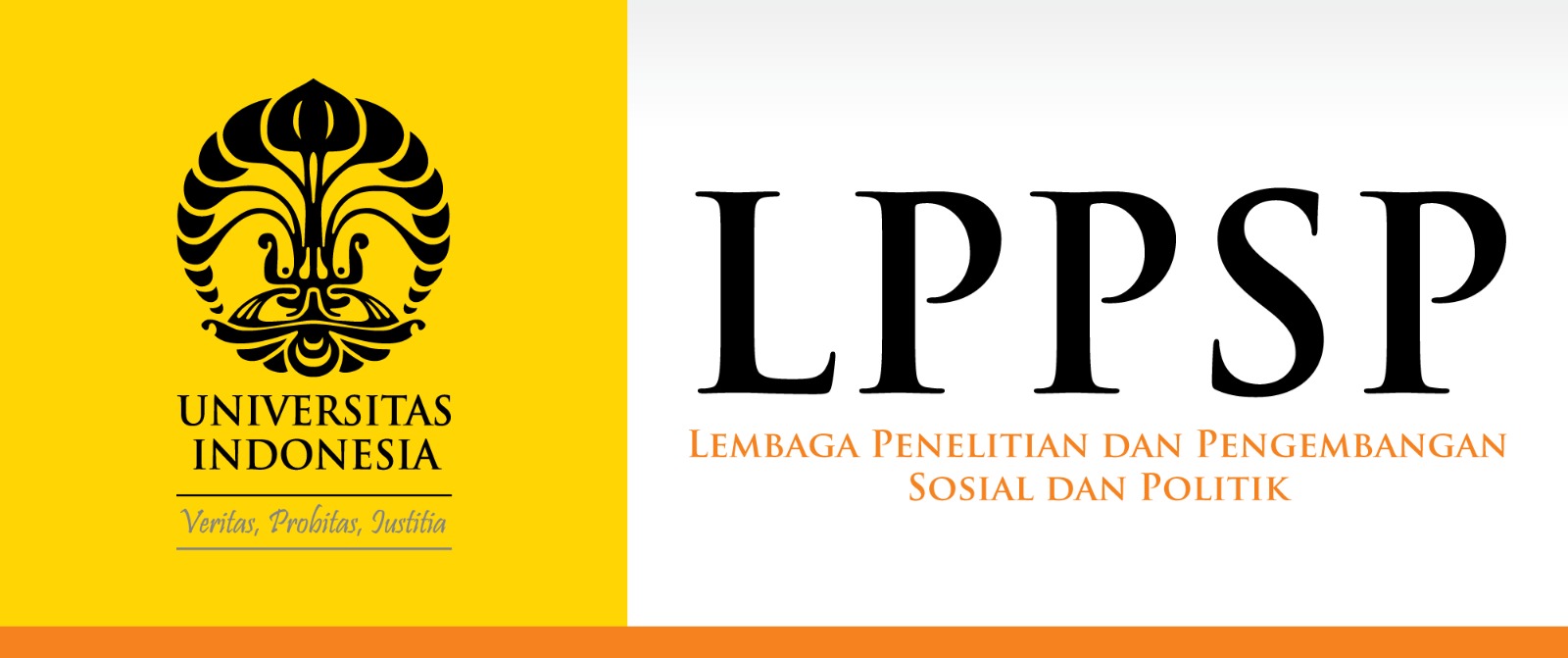JURNAL KOMUNIKASI INDONESIA
Abstract
This research aims to determine the cybersecurity leadership of Indonesia's General Election Commission (KPU RI) in protecting voter data within the Voter Registration Information System (SIDALIH). With the increasing use of information technology in elections, including SIDALIH, these systems have become vulnerable to cyber threats. Previous cyberattacks during Indonesian elections highlight the critical importance of cybersecurity, especially in protecting voters' personal information. Given the growing complexity of cyber threats, organizations need responsive leadership and effective communication governance, with a focus on cybersecurity leadership. The primary research question examines how KPU's cybersecurity leadership ensures voter data security during SIDALIH's deployment in the 2024 elections. The study utilizes Ozkaya's Cybersecurity Leadership framework, comprising five key pillars. The research employs an interpretive paradigm and a qualitative descriptive research design, utilizing a single-case study approach. Findings emphasize the need to prioritize leadership and communication governance, transparency, public awareness, regulatory alignment, robust cybersecurity strategies, interagency collaboration, and adequate resource allocation to enhance voter data security.
References
Agrawal, A., Deep, V., Sharma, P., & Mishra, S. (2021). Review of Cybersecurity Post-COVID-19. In In Advances in Interdisciplinary Engineering: Select Proceedings of FLAME, 775-784. Springer.
https://download.e-bookshelf.de/download/0016/3820/87/L-G-0016382087-0055189482.pdf
Akbar, P., Pribadi, U., & Purnomo, E. (2020). Faktor-Faktor yang Mempengaruhi Kinerja Pegawai dalam Penerapan Sidalih di Komisi Pemilihan Umum Daerah Istimewa Yogyakarta. Analitika: Jurnal Magister Psikologi UMA, 12(1), 1–9. https://doi.org/10.31289/analitika.v12i1.3350
Saptohutomo, A.P. (2023). Dugaan Data Pemilih KPU Bocor, Peretas Diperkirakan Akses Admin Sidalih Secara Ilegal. Kompas.Com.
https://nasional.kompas.com/read/2023/11/29/14495691/dugaan-data-pemilih-kpu-bocor-peretas-diperkirakan-akses-admin-sidalih?page=all
Auffret, J. P., Snowdon, J. L., Stavrou, A., Katz, J. S., Kelley, D., Rahman, R. S., Stein, F., Sokol, L., Allor, P., & Warweg, P. (2017). Cybersecurity Leadership: Competencies, Governance, and Technologies for Industrial Control Systems. Journal of Interconnection Networks, 17(1), 1–20.
https://doi.org/10.1142/S0219265917400011
Badan Riset dan Inovasi Nasional (BRIN). (2019). Demokrasi: Sasaran Baru Serangan Siber. Politik.Brin.Go.Id. https://politik.brin.go.id/kolom/ekonomi-politik-isu-isu-strategis/demokrasi-sasaran-baru-serangan-siber/
Black, S. A. (2015). Qualities of Effective Leadership in Higher Education. Open Journal of Leadership, 4(2), 54-66. https://doi.org/10.4236/ojl.2015.42006
Bobbert, Y. (2020). Zero Trust Validation: From Practical Approaches to Theory. Scientific Journal of Research & Reviews, 2(5), 1–13.
https://doi.org/10.33552/sjrr.2020.02.000546
Cahyarini, F. D. (2021). Implementasi Digital Leadership dalam Pengembangan Kompetensi Digital pada Pelayanan Publik. Jurnal Studi Komunikasi Dan Media, 25(1), 47. https://doi.org/10.31445/jskm.2021.3780
Carlton, M., Levy, Y., & Ramim, M. (2019). Mitigating cyber attacks through the measurement of non-IT professionals’ cybersecurity skills. Information and Computer Security, 27(1), 101–121. https://doi.org/10.1108/ICS-11-2016-0088
Cerin, B. (2020). Cyber Security Risk is a Board-Level Issue. In 2020 43rd International Convention on Information, Communication and Electronic Technology (MIPRO), 384–388. https://doi.org/10.23919/MIPRO48935.2020.9245151
Cleveland, S., & Cleveland, M. (2018). Toward Cybersecurity Leadership Framework. Proceedings of the Thirteenth Midwest Association for Information Systems Conference, 1-5.
Craig, A. J., Johnson, R. A., & Gallop, M. (2023). Building cybersecurity capacity: a framework of analysis for national cybersecurity strategies. Journal of Cyber Policy, 1–24. https://doi.org/https://doi.org/10.1080/23738871.2023.2178318
de Bruijn, H., & Janssen, M. (2017). Building Cybersecurity Awareness: The need for evidence-based framing strategies. Government Information Quarterly, 34(1), 1–7. https://doi.org/10.1016/j.giq.2017.02.007
DetikInet. (2014). Xnuxer, “Hacker Partai Jambu” Situs KPU. DetikInet. https://inet.detik.com/cyberlife/d-2643201/xnuxer-hacker-partai-jambu-situs-kpu
Diniz, G., Muggah, R., & Glenny, M. (2014). Deconstructing cyber security in Brazil: Threats and Responses. In Strategic Paper, 11. https://igarape.org.br/wp-content/uploads/2014/11/Strategic-Paper-11-Cyber2.pdf
DiStaso, M. (2018). Communication Challenges in Cybersecurity. Journal of Communication Technology, 1(1). https://doi.org/http://dx.doi.org/10.51548/joctec-2018-004
Ferraro, P. (2016). CYBER SECURITY: Everything an Executive Needs to Know. Hasmark Publishing.
Farisa, F.C. (2020). Ketua KPU Ungkap Beda Serangan Siber di Pemilu Dulu dan Kini. Kompas.Com.
https://nasional.kompas.com/read/2020/08/28/11424601/ketua-kpu-ungkap-beda-serangan-siber-di-pemilu-dulu-dan-kini
Gale, M., Bongiovanni, I., & Slapnicar, S. (2022). Governing cybersecurity from the boardroom: Challenges, drivers, and ways ahead. Computers and Security, 121, 102840. https://doi.org/10.1016/j.cose.2022.102840
Hardiansyah, Z. (2022). 105 Juta Data KPU Diduga Bocor dan Dijual Online, Pengamat Sebut Datanya Valid. Kompas.Com.
https://tekno.kompas.com/read/2022/09/07/10150097/105-juta-data-kpu-diduga-bocor-dan-dijual-online-pengamat-sebut-datanya-valid?page=all
Harknett, R. J., & Stever, J. A. (2011). The new policy world of cybersecurity. Public Administration Review, 71(3), 455–460.
https://doi.org/10.1111/j.1540-6210.2011.02366.x
Hasib, M. (2015). Cyberecurity Leadership: Powering the Modern Organization. United States of America by Tomorrow’s Strategy Today, LLC.
Hersey, P., & Blanchard, K. H. (1982). Leadership style: Attitudes and behaviors. Training and Development Journal, 36(5), 50-52.
Hult, F., & Sivanesan, G. (2014). What good cyber resilience looks like. Journal of Business Continuity & Emergency Planning, 7(2), 112-125.
Hussain, A., Mohamed, A., & Razali, S. (2020). A Review on Cybersecurity: Challenges & Emerging Threats. Proceedings of the 3rdInternational Conference on Networking, Information Systems, & Security, 1-7. https://doi.org/10.1145/3386723.3387847
Izzaty, R., & Nugraha, X. (2019). Perwujudan Pemilu yang Luberjurdil melalui Validitas Daftar Pemilih Tetap. Jurnal Suara Hukum, 1(2), 155-171. https://doi.org/10.26740/jsh.v1n2.p155-171
Karaman, M., Çatalkaya, H., & Aybar, C. (2016). Institutional Cybersecurity from Military Perspective. International Journal of Information Security Science, 5(1), 1–7.
Kuusisto, R., & Kuusisto, T. (2013). Strategic Communication for Cyber-security Leadership 1. The Journal of Information Warfare, 12(3), 41–48.
https://www.jstor.org/stable/10.2307/26486840
Lee, M. (2020). Free the Data from the Birdcage: Opening Up Data and Crowdsourcing Activism in Taiwan. PoLAR: Political and Legal Anthropology Review, 43(2). https://doi.org/https://doi.org/10.1111/plar.12371
Lehto, M., & Limnéll, J. (2021). Strategic leadership in cyber security, case Finland. Information Security Journal, 30(3), 139–148.
https://doi.org/10.1080/19393555.2020.1813851
Nawaz, Z. A. K. D. A., & Khan, I. (2016). Leadership theories and styles: A literature review. Leadership, 16(1), 1–7.
Oberer, B., & Erkollar, A. (2018). Leadership 4.0: Digital Leaders in The Age of Industry 4.0. International Journal of Organizational Leadership, 7(4), 404–412. https://doi.org/10.33844/ijol.2018.60332
Ozkaya, E. (2021). Cybersecurity Leadership Demystified. Packt Publishing Ltd.
Paliszkiewicz, J. (2019). Information security policy compliance: Leadership and trust. Journal of Computer Information Systems, 59(3), 211–217.
https://doi.org/https://doi.org/10.1080/08874417.2019.1571459
Rahman, A. F. (2022). Indonesia Jadi Negara Terburuk di Dunia Soal Keamanan Cyber. Detikinet.
https://inet.detik.com/cyberlife/d-6222006/indonesia-jadi-negara-terburuk-di-dunia-soal-keamanan-cyber
Salabi, N. A. (2020). Website Lindungi Hak Pilihmu Sempat Alami Serangan DDoS. Rumahpemilu.Org. https://rumahpemilu.org/website-lindungi-hak-pilihmu-sempat-alami-serangan-ddos/
Suri, E. W., & Yuneva, Y. (2021). Akselerasi Transformasi Digital pada Tata Kelola Pemilu di Kota Bengkulu. Mimbar: Jurnal Penelitian Sosial Dan Politik, 10(2), 172–181. https://journals.unihaz.ac.id/index.php/mimbar/article/view/2257/1113
Uslu, O., Bass, B. M., Bush, T., Mango, E., & Hassan, Z. (2018). A General Overview to Leadership Theories from a Critical perspective. Educational Management Administration and Leadership, 46(1), 3–4.
https://doi.org/10.21272/mmi.2019.1-13
Wang, P., & Park, S. (2017). Communication in Cybersecurity: A Public Communication Model for Business Data Breach Incident Handling. Issues in Information Systems, 18(2), 136–147. https://iacis.org/iis/2017/2_iis_2017_136-147.pdf
Yi, Y., Ndofor, H.A. & Wei, Z. (2018). Top management team tenure diversity and performance: The moderating role of behavioral integration,. IEEE Tansaction on Engineering Management, 65(1), 21–33.
https://doi.org/10.1109/TEM.2017.2737663
Zeitalini, N. (2022). Apresiasi KPU Siapkan Pemilu 2024, Bamsoet: Manfaatkan Web Satu Data. DetikNews.Com. https://news.detik.com/berita/d-6129436/apresiasi-kpu-siapkan-pemilu-2024-bamsoet-manfaatkan-web-satu-data.
Recommended Citation
Khatami, Muhammad Iqbal and Rahayu, Rahayu
(2024)
"Cybersecurity Leadership in Safeguarding Election Voter Data (Case Study: Implementation of the SIDALIH Information System by the Indonesian General Election Commission),"
JURNAL KOMUNIKASI INDONESIA: Vol. 13:
No.
1, Article 24.
DOI: 10.7454/jkmi.v13i1.1215
Available at:
https://scholarhub.ui.ac.id/jkmi/vol13/iss1/24
Included in
Arts and Humanities Commons, Communication Technology and New Media Commons, Organizational Communication Commons, Social Influence and Political Communication Commons




